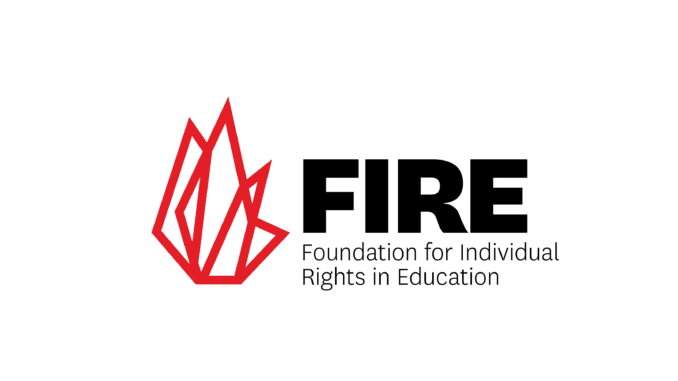
RALEIGH — The College Pulse and the Foundation for Individual Rights and Expression (FIRE) have released their annual college Free Speech Rankings.
The 2024 College Free Speech Rankings are based on “the voices of over 55,000 currently enrolled students at over 250 colleges and are designed to help parents and prospective students choose the right college,” per a press release by the groups.
This year’s rankings looked at 248 colleges.
Michigan Technology University ranked first this year, followed by Auburn University, the University of New Hampshire, Oregon State University and Florida State University.
Coming in dead last this year was Harvard University, which was the only school given an “abysmal” speech climate rating.
Nine North Carolina institutions were included in this year’s rankings, with four landing in the top 25:
UNC Greensboro No. 9
NC State No. 11
UNC Charlotte No. 21
East Carolina No. 24
Appalachian State No. 36
Davidson No. 64
Wake Forest No. 88
Duke No. 124
UNC Chapel Hill No. 174
In last year’s report, North Carolina schools making the top 25 included UNC Greensboro (7), NC State (9) and UNC Charlotte (13). Beyond the top 25, UNC Chapel Hill was 26th, Duke was 109th, Davidson was 116th and Wake Forest was 131st.
According to the Free Speech Rankings report, among the schools ranked this year there were 149 scholars sanctioned.
UNC Chapel Hill also had the distinction of making the list for being a repeat offender when it comes to sanctioning scholars with four incidents.
Six schools earned a “warning” for consistently prioritizing other values over a commitment to free speech and were excluded from the rankings. The schools receiving a warning include Pepperdine University, St. Louis University, Liberty University, Baylor University, Hillsdale College and Brigham Young University.
A key detail included in the report is that 21% of students reported the administration’s stance at their school on campus free speech is not clear.
Additionally, “more than a quarter of students (27%) reported that it is unlikely their college administration would defend a speaker’s right to express his or her views if a controversy occurred on campus.”
Other key findings from the report include a deplatforming attempt success rate of 81% at schools ranked in the bottom five of the list, 56% of students expressed worry about damaging their reputation because of someone misunderstanding what they have said or done, 26% reported they feel pressure to avoid discussing controversial topics in their classes, and 20% reported they often self-censor.
Per the report, “controversial speakers” received different treatment depending on the political leaning of the speaker.
“Student opposition to allowing controversial conservative speakers on campus ranged from 57% to 72%, depending on the speaker. In contrast, student opposition to controversial liberal speakers ranged from 29% to 43%, depending on the speaker,” the report says.
Additionally, the percentage of students believing it is acceptable to block other students from attending an event they disagree with rose over the previous year.
According to the report, “More than 2 in 5 students (45%) said that students blocking other students from attending a speech is acceptable to some degree, up from 37% last year.”
In the same vein, 27% of students said using violence to stop a campus speech is acceptable to some degree, up seven points from last year’s 20%.
The College Free Speech Rankings are available online in an interactive dashboard allowing for comparison between institutions at rankings.thefire.org
The 2024 College Free Speech Rankings coincide with the continued efforts of the UNC Board of Trustees to expand free speech on the system’s campuses as well as protect students and employees from compelled speech situations.
The Institute for Citizens & Scholars also recently announced a “Campus Call for Free Expression,” which is described as a “commitment by a diverse group of college presidents to urgently spotlight, uplift, and re-emphasize the principles of critical inquiry and civic discourse on their campuses.”
Among the institutions involved in the campus call actions are Benedict College, Claremont McKenna College, Cornell University, DePauw University, James Madison University, Rollins College and Wesleyan University.
Duke University is also engaged in the campus call and will be hosting a summer seminar for faculty covering “potential course content and best practices for effectively promoting civic discussion over sensitive topics in the classroom.”



